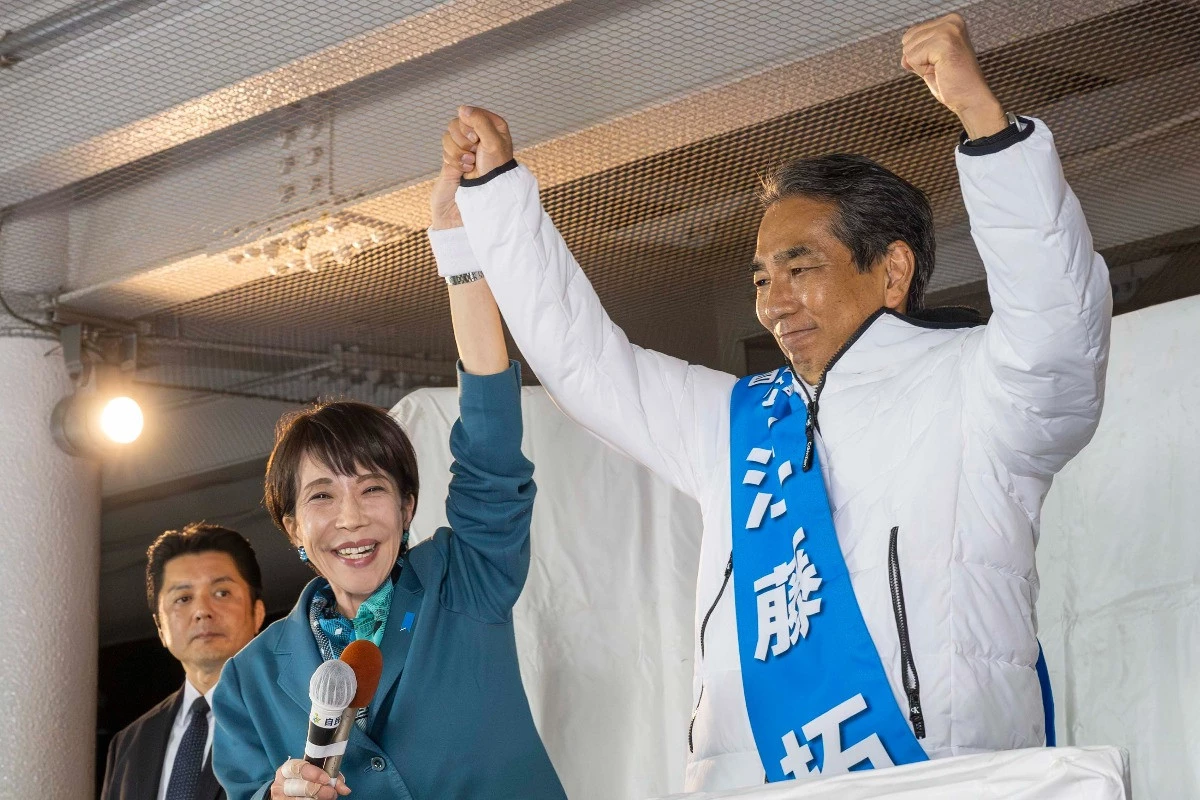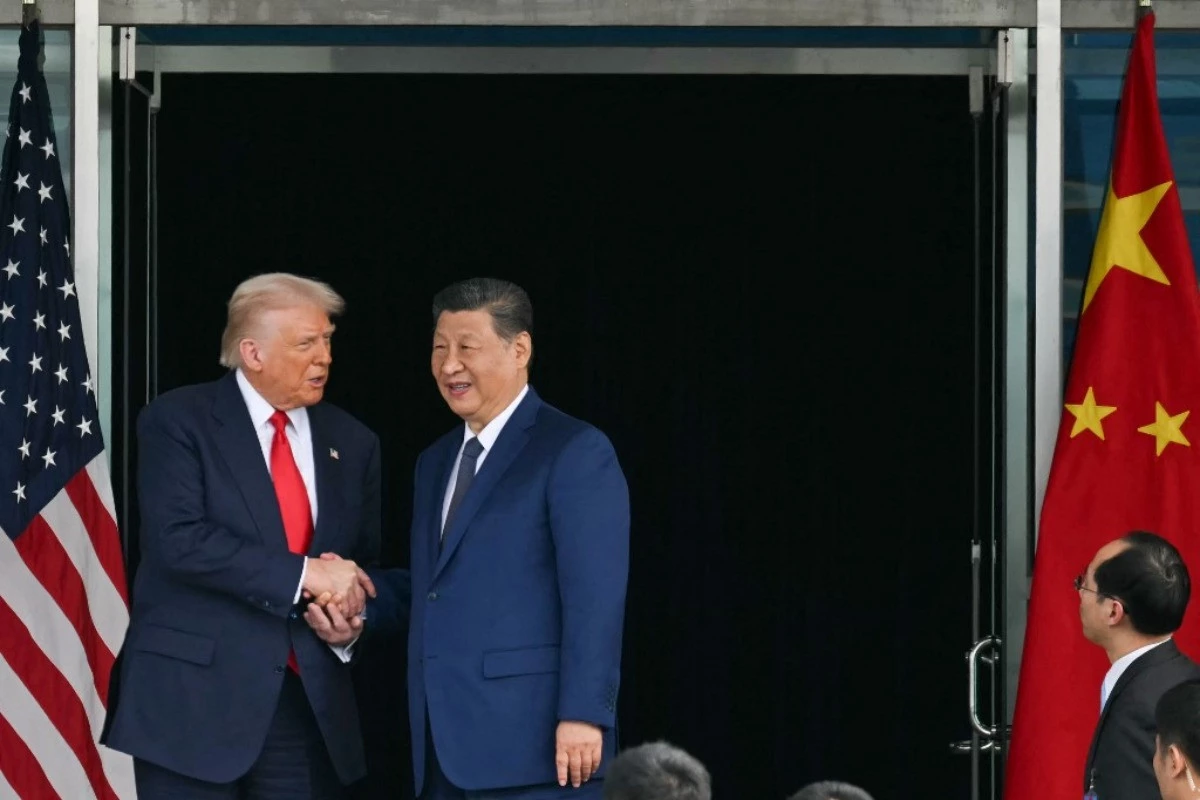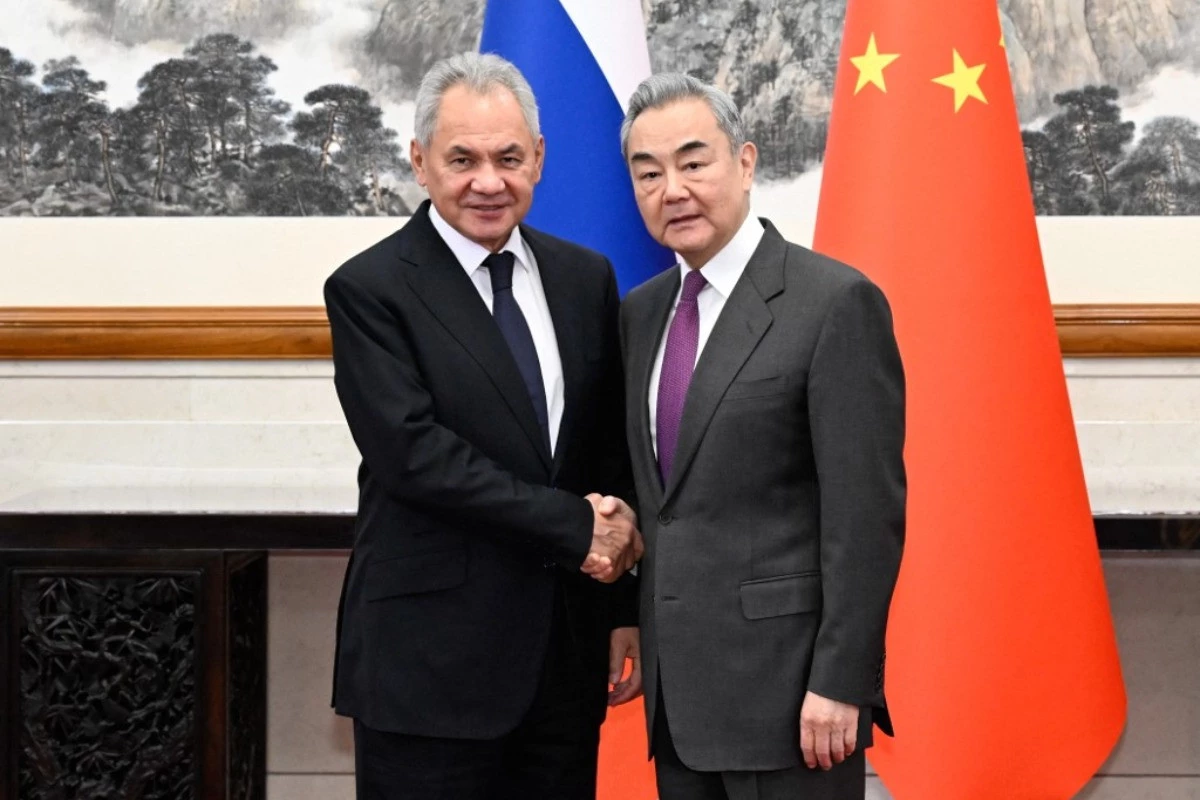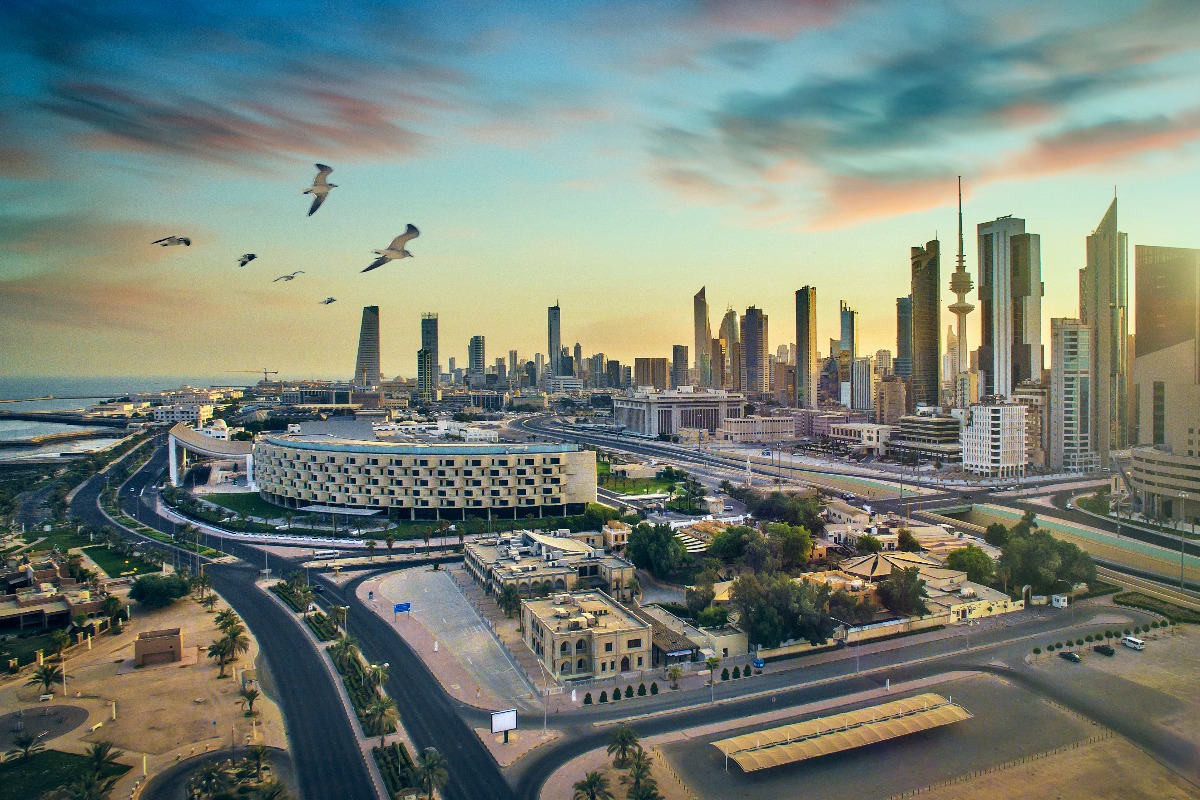Emad al al-Atiqi, Anwar Ali al-Mudhaf and Abdullah Ali al-Yahya retained their posts as oil, finance and foreign ministers respectively, according to the decree from the Emir of Kuwait Sheikh Mishal Al-Ahmad Al-Jaber Al-Sabah.
Sheikh Ahmad is the emir’s nephew and was previously appointed prime minister in April.
The Prime Minister and the ministers must implement this decree, stated Sheikh Mishal in the decree.
The new government comes shortly after the emir dissolved parliament indefinitely on Friday, after a prolonged period of bickering between the government and the elected parliament.
The emir also suspended some articles of the constitution, including those stating that a new parliament must be elected within two months of a dissolution and that laws must be approved by the parliament and the emir.
The powers of the National Assembly would be assumed by the emir and the country’s cabinet, state TV reported at the time.
The changes give Emir Al-Sabah full control over new legislation.
The articles would be suspended for a period not exceeding four years, during which all aspects of the democratic process would be studied, according to the Emir’s order on Friday.
It was the second time that the Emir has dissolved the parliament this year.
The legislature in Kuwait wields more influence than similar bodies in other Gulf monarchies, and political deadlock has for decades led to cabinet reshuffles and dissolutions of parliament.



